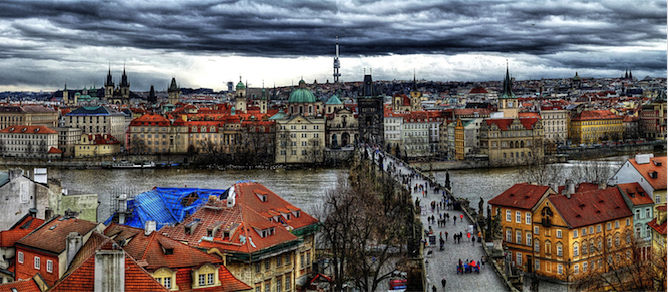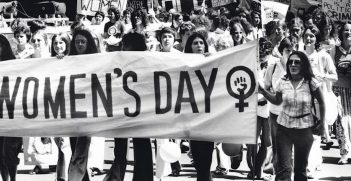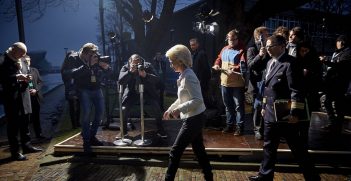Czechia: is the Czech Republic’s new name real?

The Czech Republic wants to change its name. Czech foreign minister Lubomír Zaorálek has led calls for the country to be internationally known by the short, rather commercial-sounding name: Czechia.
The word is quite obscure. Despite the argument by a Czech activist website that Czechia was first used in the 17th century by some Latin writers, there is really no precedent for using it. The change – which must pass cabinet approval and be put to the UN – may prove more trouble than it’s worth.
The Czech Republic is no stranger to international recognition problems, particularly after the country of which it used to be a part, Czechoslovakia, had peacefully split into the Czech Republic and Slovakia in 1993.
Bohemians vs Czechs
The protestant Kingdom of Bohemia became absorbed into the absolutist and Catholic Austrian Empire after a catastrophic defeat of the Czech protestant nobility at the Battle of the White Mountain near Prague in 1620. While the Kingdom of Bohemia or the Lands of the Czech Crown technically existed until the dismemberment of the Austro-Hungarian Empire in 1918, when Czechoslovakia was born, not much was heard about the Czechs and their country in the wider world before then.
The name of what is now the Czech Republic was primarily known in Czech as Čechy – “Czechlands” or the “Lands of the Czechs”. In German it is Tschechei, an expression which gained a nasty connotation during the Nazi occupation of the country in World War II, when what is now the Czech Republic was known as the Nazi “Protectorate of Bohemia and Moravia”.
There is a difference between what “Bohemian” and “Czech” means. “Bohemian” (boehmisch in German) denoted a citizenship which was defined by belonging to a territory. “Bohemians” were all citizens, regardless of whether they spoke Czech or German or any other language, as long as they lived on the territory of the Lands of the Czech Crown.
“Czechs”, on the other hand, were those people who defined themselves by their Czech language only. Since the 19th century, more people have tended to refer to themselves as Czech, rather than Bohemian.
Difficult task ahead
There are several reasons why the Czech foreign minister’s attempt to rename the Czech Republic is problematic. It will be extremely difficult to force the international public – which does not discuss the Czech Republic too often – to change linguistic habits and start calling the country “Czechia”. Many people, more than 20 years since the disintegration of Czechoslovakia, still use the expression “Czechoslovakia” when referring to the Czech Republic as it is now.
The new name may confuse people further. After the Boston marathon bombings in 2013, many Americans, even a CIA agent, mixed up the Czech Republic with Chechnya. When calls to bomb Prague in retaliation appeared on Facebook, the Czech embassy in Washington was forced to publish a disclaimer saying that the Czech Republic was not in fact in Central Asia and had nothing to do with the attacks. Czechia would make this kind of situation worse.
Change could be costly
The change may also cost the Czech government a considerable amount of money. Since 2012, the Czech Ministry for Regional Development has been internationally using an officially approved trademark: “The Czech Republic – Land of Stories” to advertise the country to foreign visitors.
Over the past four years, the ministry has spent a billion Czech crowns (some US$42m) on marketing the Czech Republic to international tourists under this slogan, with some of the money coming from the European Union. Karla Šlechtová, the Czech minister for regional development, has pointed out that the terms of the agreement with the EU may have been breached by the decision to replace the name of the Czech Republic by the term “Czechia” – and that the EU might want its money to be returned for breach of contract.
In English, the expression “Czechia” also sounds rather commercial (think Nokia …) and seems to indicate that the Czech authorities are willing to do just about anything for the purpose of marketing. But some people might not find such an unashamedly commercial name for a country to be very reputable. Maybe it is not surprising, however, that the Czech Republic is thinking about its brand. Czech deputy prime minister and finance secretary Andrej Babiš does say often that he wants to run his country “like a business”.
Dr Jan Culik is a senior lecturer in Czech studies at the University of Glasgow. This article originally appeared on The Conversation on 15 April. It is republished with permission.





